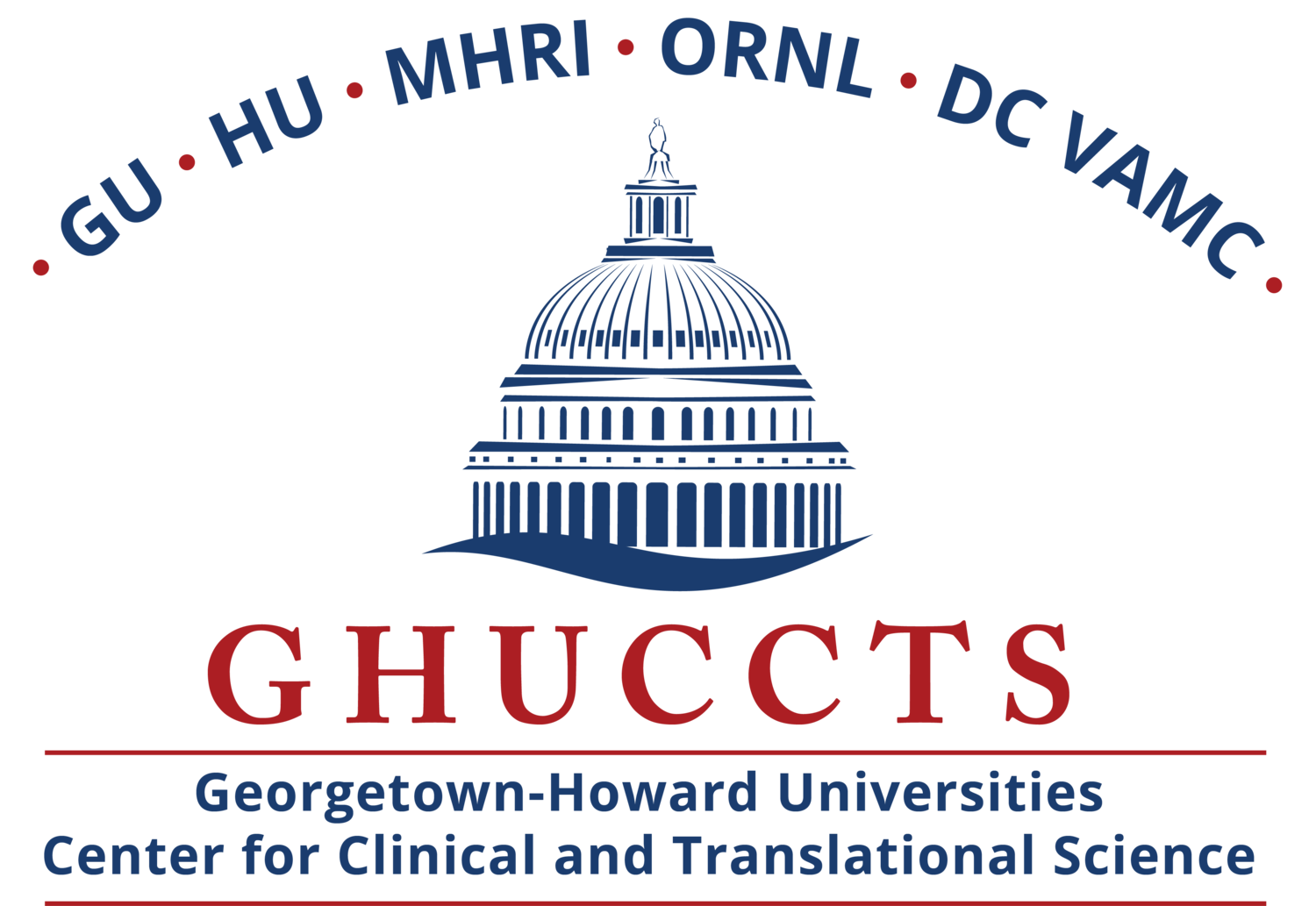Megan Huizenga will defend her thesis!
We are delighted to announce that Megan Huizenga will defend her thesis next Friday, August 30th at 2pm in the Pharmacology Library: Med-Dent NE401 at Georgetown University.
Advisor: Patrick Forcelli, PhD
Major: Pharmacology
Title: Efficacy and safety profile of cannabinoid-targeted compounds for seizure control in immature animals
Epilepsy is the fourth most prevalent neurological disorder worldwide, and is characterized by spontaneous, recurrent seizures. However, in neonates and children, seizures are the single most common neurological event to occur. Despite the availability of over 20 anti-seizure drugs (ASDs), the majority of early life seizures remain medically unresponsive to pharmacological interventions. Therefore, the identification of new, mechanistically different drug treatments to control early life seizures is a priority. One such candidate target is the cannabinoid (CB) system, an endogenous signaling system shown to modulate excitatory and inhibitory balance. Accordingly, compounds targeting the CB system can be promising therapeutics for controlling the excessive neuronal activity that underlies seizures. Therefore, the overarching goals of this dissertation were to systemically evaluate how CB-targeted compounds would 1) modulate seizure activity across multiple seizure models in immature aged rodents that clinically correspond to neonates and children and 2) affect the developmentally sensitive, immature brain.
In this study, both direct and indirect pharmacological manipulations of the CB system displayed anticonvulsant, yet age-dependent, efficacy in developing rodents. Cannabinoid receptor 1 agonists reduced seizure severity across three seizure models in the younger, postnatal day (P) 10 rats. Interestingly, broader CB system modulation with the cannabis-based compound cannabidivarin (CBDV) reduced seizure severity across three seizure models in the older, P20 rats, without effect on five separate P10 models. Additionally, both specific CB1 receptor agonist WIN 55,212-2 and CBDV did not increase developmental cell death, a characteristic uncommon among ASDs used during developmentally sensitive growth periods. These results demonstrate a favorable efficacy and safety profile of CB-targeted compounds as potential therapeutics for refractory early life seizures.
This work expands current ASD screening methods for drug discovery and development by utilizing age-appropriate models to enhance translational value of new therapeutics. In so doing, the present work demonstrates that the CB-targeted compounds WIN 55,212-2 and CBDV have significant anti-seizure properties against preclinical, age-restricted, early life seizures and are safe for use during development. Overall, this work constitutes some of the first in the field to systemically evaluate the modulatory role of the cannabinoid system in early life seizures.




